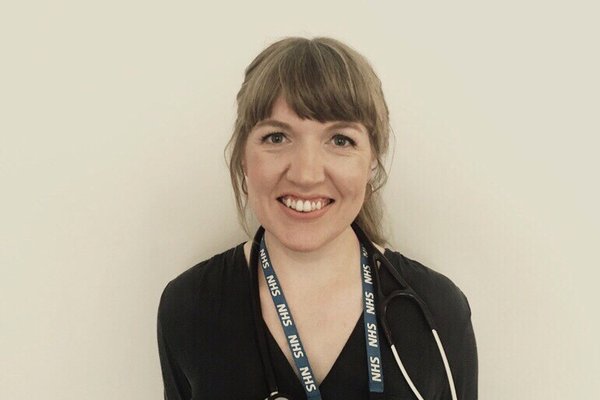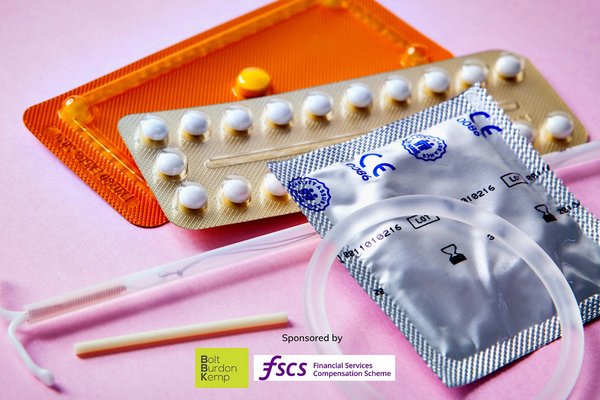
Should women be given an ultrasound during fertility treatment?
For many people, getting pregnant can be difficult. If you are struggling to become pregnant you may have infertility. Treatments are sometimes available to help you become pregnant.

Fertility is the ability to have a baby (conceive). Most couples who have unprotected sex every two to three days will get pregnant naturally within a year.
Infertility is when you cannot get pregnant, despite having regular unprotected sex. This affects around 1 in 7 couples.
There are two types of infertility:
Infertility can affect both men and women.
There are many causes of infertility. If you have a partner, these issues can affect either or both of you.
Common causes of infertility in women include:
Common causes of infertility in men include:
Doctors do not always know why some people have fertility problems. For about a quarter of couples the cause is unknown.
There are some risk factors that can affect fertility. These include:
Researchers have found no link between Covid-19 vaccines and fertility issues in men or women.
If you have not got pregnant after a year of unprotected intercourse, see your GP.
You should see your GP sooner if:
If you have a partner, you will both need to have investigations. As infertility can affect either or both of you.
Your GP will talk to you and examine you to check for common fertility problems.
You might need to go for some tests. For women this might include:
Men will have their semen analysed and may have an examination.
The main types of fertility treatment are:
If you have a problem with ovulation, the doctor may give you medications to help release an egg after checking that your fallopian tubes are patent.
If you have damaged fallopian tubes, endometriosis, fibroids or PCOS, you may need surgery.
Different types of assisted conception include:
Fertility treatment funded by the NHS depends on where you live. It also depends on your health including your BMI and whether you smoke.
Your personal circumstances will also be taken into account, including whether you or your partner have any children. Speak to your GP about funding and treatment times in your area.
Connecting with others that know how you’re feeling can be a positive step. Fertility Network UK runs support groups so that you can talk to others who know what you are going through.
When trying for a baby, it can be confusing and upsetting when things don’t go to plan. Feeling like a failure, sadness, frustration and anger are all common.
If you are going through emotional difficulties, you’re not alone. Talking to family, friends or other people you trust can help. See other ways to cope in Looking after yourself and getting more support. <anchor links to section below)
The stress of trying for a baby can take a toll on your relationship. Some couples find that they argue more. Some people find sex is less pleasurable and fun. Try to focus more on other ways of feeling close to each other. This could be going out somewhere special, trying something new together or just making time to be close.
The emotional impact of infertility affects men too. Men may benefit from online support groups as a chance to talk to other men about how they’re feeling.
Having time off work for fertility treatment can be positive for some people and Fertility Network UK has a factsheet on employment issues that might help.
Find out about other support. <anchor link to section below>
LGBTQ+ people who want to have children can face extra practical and financial difficulties.
The NHS has more information about ways to become a parent if you are LGBTQ+.
Looking after yourself may help you feel less stressed. Leading an active lifestyle can improve your mental health.
Being kind to yourself by eating well, moving more and making time to relax can boost your mood and self-esteem.
If you’re not getting treatment, or you’re finding treatment difficult, you might want to get some counselling. Speak to your GP about counselling on the NHS.
Mind mental health charity provides low-cost talking therapies or you can go private. The British Infertility Counselling Association has a directory of accredited therapists.
The charity Fertility Network UK can provide support and information. Help is available whether you are trying to get pregnant, going through treatment or living without children.
Let's Talk Fertility webinar
Hosted by Wellbeing of Women CEO, Janet Lindsay, Dr Saravelos will be joined by Suvania Rajah-Gangaram, who can share her experience with fertility issues and going through multiple rounds of IVF.As a women’s health charity, part of what we do is fund research to save and change the lives of women, girls and babies.
We are funding research into whether vaginal ultrasound scans are the best way of finding out if a woman going through fertility treatment is likely to have twins, triplets or more.
Women who take a fertility medication called clomifene are more likely to have a multiple pregnancy.
Doctors currently use a vaginal ultrasound scan to work out if a woman who has recently taken clomifene has a high chance of a multiple pregnancy. These tests can be uncomfortable and are expensive. And doctors aren’t sure if they are the best thing to do. Our research aims to find out once and for all.
Read about this research and our other projects below.

A miscarriage is a pregnancy loss before 24 weeks of pregnancy.

Contraception is used to prevent pregnancy and to manage periods. Learn more about your contraception options.